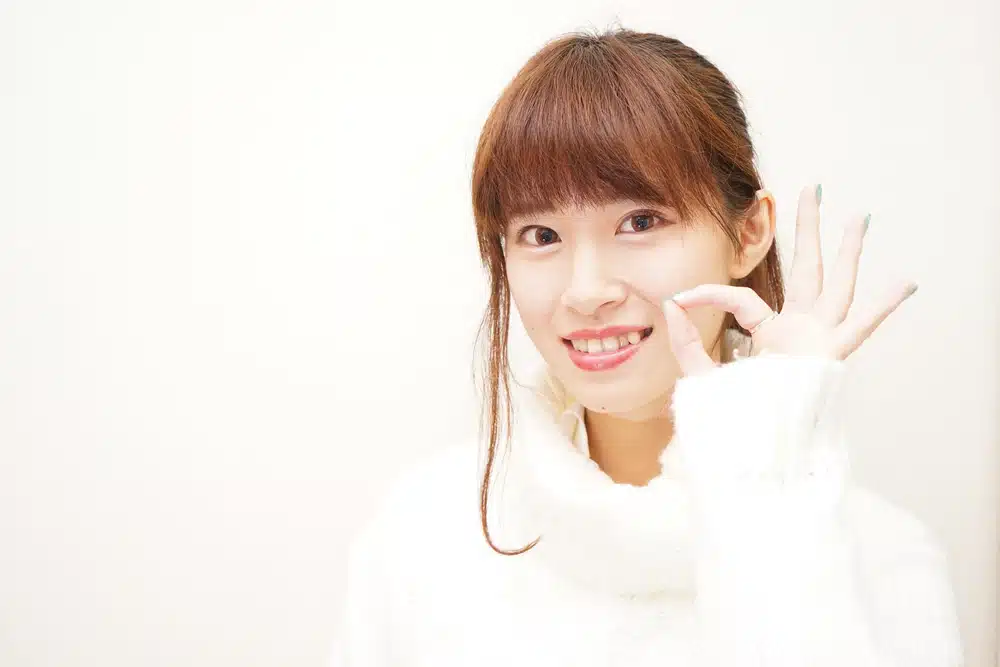In Japan, there’s a tradition called “Yaeba,” where some people intentionally pay to have their teeth unstraightened because it’s considered cute and youthful.
Yaeba, a term originating from Japan, refers to the dental aesthetic of having slightly protruded and crooked teeth, particularly the canines. While in many cultures straight, perfectly aligned teeth are considered the epitome of beauty, Yaeba challenges this norm by embracing imperfection.
In Japanese culture, Yaeba is often associated with youthfulness, cuteness, and approachability. It’s believed that this dental feature gives individuals a more childlike appearance, which is considered endearing.
Some people choose to undergo dental procedures to achieve the Yaeba look, either by having their teeth artificially misaligned or capped with prosthetic teeth. However, others naturally possess this characteristic and embrace it as part of their unique smile.
Yaeba gained popularity in Japan during the 2000s and has since become a trend embraced by some individuals beyond Japan’s borders. It’s a prime example of how beauty standards can vary greatly across different cultures and how imperfections can be celebrated rather than concealed.




